 W
WErmilo Abreu Gómez was a writer, journalist and lecturer born in Mérida, Yucatán, México. He was a member of the Mexican Academy of Language from 1963. He was also a professor in several universities in the United States. He died in Mexico City in 1971.
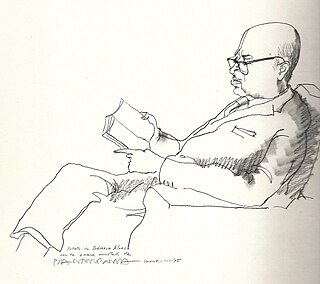 W
WDámaso Alonso y Fernández de las Redondas was a Spanish poet, philologist and literary critic. Though a member of the Generation of '27, his best-known work dates from the 1940s onwards.
 W
WAlfredo Barrera Vázquez was a Mexican anthropologist, linguist, academic and Mayanist scholar. He is noted for both his research into the historical Maya civilization of the pre-Columbian era and his contributions promoting literacy in Mayan languages and the culture of contemporary Maya peoples. He has been described as "...perhaps the greatest Maya scholar to emerge from the actual land of the Maya."
 W
WRubén Bonifaz Nuño was a Mexican poet and classical scholar.
 W
WGonzalo Celorio Blasco is a writer and an academic and former director of the Fondo de Cultura Económica. Celorio has written two novels, Amor Propio, a coming-of-age story and Y retiemble en sus centros la Tierra.
 W
WAlí Chumacero Lora was a Mexican poet, translator, literary critic and editor. He was a member of the Mexican Academy of Language.
 W
WRufino José Cuervo Urisarri, was a Colombian writer, linguist, and philologist.
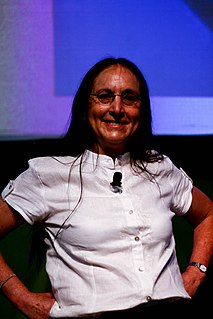 W
WJulieta Norma Fierro Gossman is a Mexican astrophysicist and science communicator. She is a researcher at the National Autonomous University of Mexico (UNAM), in its Institute of Astronomy.
 W
WCarlos Fuentes Macías was a Mexican novelist and essayist. Among his works are The Death of Artemio Cruz (1962), Aura (1962), Terra Nostra (1975), The Old Gringo (1985) and Christopher Unborn (1987). In his obituary, The New York Times described Fuentes as "one of the most admired writers in the Spanish-speaking world" and an important influence on the Latin American Boom, the "explosion of Latin American literature in the 1960s and '70s", while The Guardian called him "Mexico's most celebrated novelist". His many literary honors include the Miguel de Cervantes Prize as well as Mexico's highest award, the Belisario Domínguez Medal of Honor (1999). He was often named as a likely candidate for the Nobel Prize in Literature, though he never won.
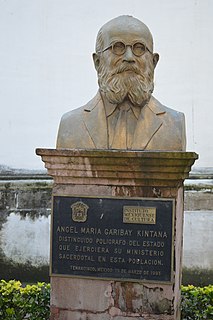 W
WFray Ángel María Garibay Kintana was a Mexican Roman Catholic priest, philologist, linguist, historian, and scholar of pre-Columbian Mesoamerican cultures, specifically of the Nahua peoples of the central Mexican highlands. He is particularly noted for his studies and translations of conquest-era primary source documents written in Classical Nahuatl, the lingua franca of Postclassic central Mexico and the then-dominant Aztec empire. Alongside his former student Miguel León-Portilla, Garibay ranks as one of the pre-eminent Mexican authorities on the Nahuatl language and its literary heritage, and as one who has made a significant contribution towards the promotion and preservation of the indigenous cultures and languages of Mexico.
 W
WEnrique González Martínez was a Mexican poet, diplomat, surgeon and obstetrician. His poetry is considered to be primarily Modernist in nature, with elements of French symbolism.
 W
WMiguel León-Portilla was a Mexican anthropologist and historian.
 W
WJosé López Portillo y Rojas, born in Guadalajara, Jalisco, was a Mexican lawyer, politician and man of letters. He served as Governor of Jalisco in 1911 and as Secretary of Foreign Affairs in 1914 for coup leader and brief Mexican President Victoriano Huerta, during the United States occupation of Veracruz. He served as Director of the Mexican Academy of Language from 1916 to 1923.
 W
WCarlos Montemayor was a Mexican novelist, poet, essayist, literary critic, tenor, political analyst, and promoter of contemporary literature written in indigenous languages. He was a Member of the Mexican Academy of the Language.
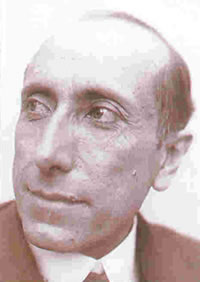 W
WAmado Nervo also known as Juan Crisóstomo Ruiz de Nervo, was a Mexican poet, journalist and educator. He also acted as Mexican Ambassador to Argentina and Uruguay. His poetry was known for its use of metaphor and reference to mysticism, presenting both love and religion, as well as Christianity and Hinduism. Nervo is noted as one of the most important Mexican poets of the 19th century.
 W
WSalvador Novo López was a Mexican writer, poet, playwright, translator, television presenter, entrepreneur, and the official chronicler of Mexico City. As a noted intellectual, he influenced popular perceptions of politics, media, the arts, and Mexican society in general. He was a member of Los Contemporáneos, a group of Mexican writers, as well as of the Mexican Academy of the Language.
 W
WManuel Orozco y Berra was a Mexican historian and a member of the Mexican Academy of Language. He was a disciple of José Fernando Ramírez and Joaquín García Icazbalceta and together with them, is considered one of the most important historians of Mexico of the 19th century, ranking "as a major figure among 19th-century students of the Mexican Indian past." He produced a significant body of published work on Mesoamerican ethnohistory,
 W
WJosé Emilio Pacheco Berny audio (help·info) was a Mexican poet, essayist, novelist and short story writer. He is regarded as one of the major Mexican poets of the second half of the 20th century. The Berlin International Literature Festival has praised him as "one of the most significant contemporary Latin American poets". In 2009 he was awarded the Cervantes Prize for his literary oeuvre.
 W
WCarlos Hilario Pereyra Gómez was a Mexican lawyer, diplomat, writer and historian. His background was highly influenced by late 19th century Positivism, so this influence is denoted in his works. He was also a Hispanist, defender of the historical and cultural legacy of Spain in Spanish America and critic of the American Interventionism policy in Latin America.
 W
WJosé Joaquín Pesado Pérez was a Mexican writer, journalist, poet and politician. He was born in San Agustín del Palmar, Puebla, in 1801 and died in Mexico City in 1861. In 1822, he married María de la Luz de la Llave y Segura, and Juana Segura Argüelles twenty years later.
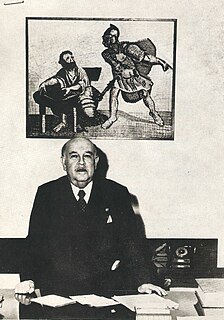 W
WAlfonso Reyes Ochoa was a Mexican writer, philosopher and diplomat. He was nominated for the Nobel Prize in Literature five times.
 W
WVicente Florencio Carlos Riva Palacio Guerrero better known as Vicente Riva Palacio was a Mexican liberal politician, novelist, journalist, intellectual, and military leader.
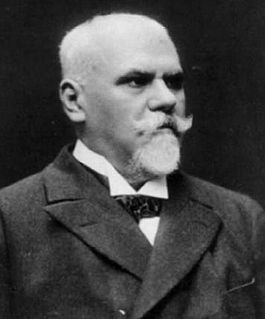 W
WJusto Sierra Méndez, was a prominent liberal Mexican writer, historian, journalist, poet and political figure during the Porfiriato, in the second half of the nineteenth century and early twentieth century. He was a leading voice of the Científicos, "the scientists" who were the intellectual leaders during the regime of Porfirio Díaz.
 W
WJaime Mario Torres Bodet was a prominent Mexican politician and writer who served in the executive cabinet of three Presidents of Mexico.
 W
WRubén Vargas Ugarte was a jesuit priest and Peruvian historian. He was the third president of the Pontifical Catholic University of Peru, and was ordained a priest in the Society of Jesus in 1921. He was also the Director of the National Library of Peru.
 W
WAgustín Yáñez Delgadillo was a Mexican writer and politician who served as Governor of Jalisco and Secretary of Public Education during Gustavo Díaz Ordaz's presidency. He is the author of numerous books and the recipient, in 1952 as member of the Academia Mexicana de la Lengua, in 1973, of the Premio Nacional de las Letras. Al filo del agua is universally acknowledge as his masterpiece, according to the Encyclopedia of Latin American and Caribbean literature, 1900-2003 By Daniel Balderston, Mike Gonzalez, page 616.